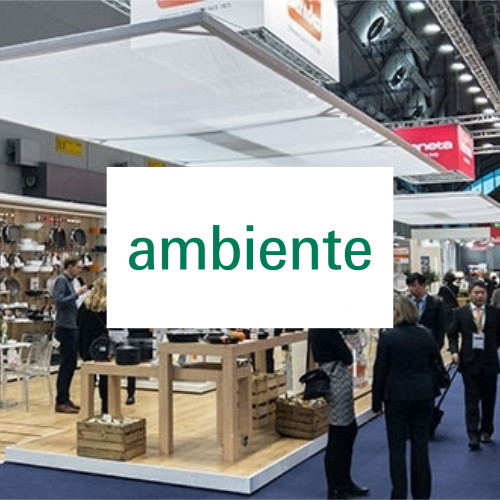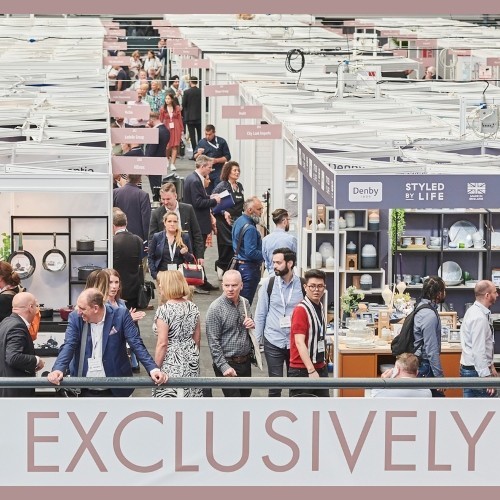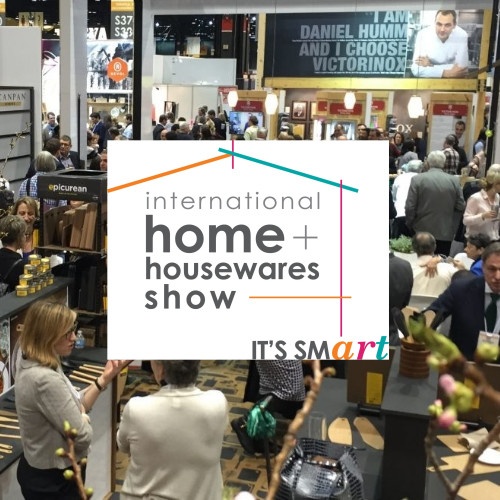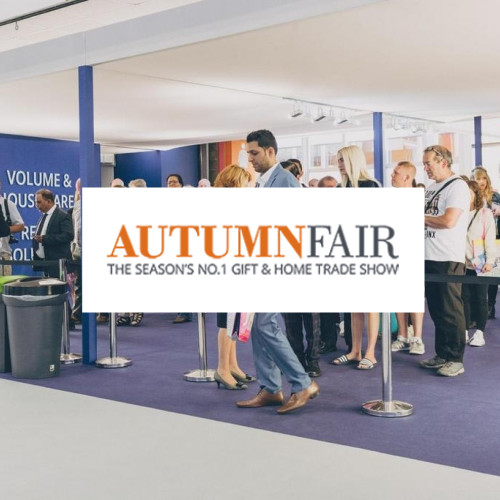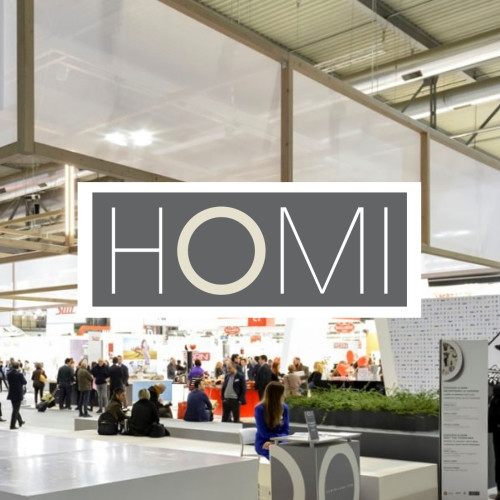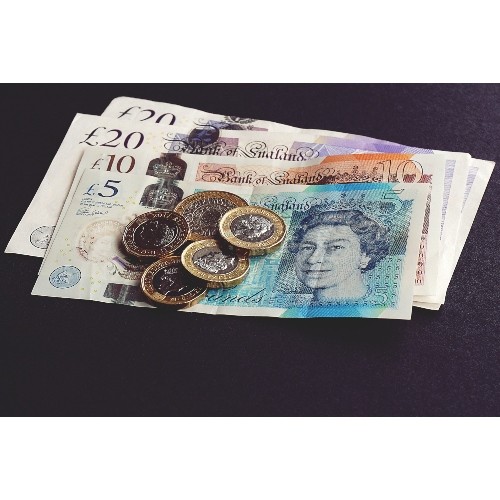The British Home Enhancement Trade Association (BHETA) has written to Government outlining its strong objections to last minute additions to the draft Plastic Packaging tax legislation. The association has highlighted the sudden late-stage extension of the scope of the legislation to include consumer goods as well as packaging.
The draft legislation on plastic packaging – which says that all packaging which is not at least 30% made from recycled plastic is subject to tax levies – has been in consultation for some time, but in a conference call this month, HMRC informed the Joint Trading Associations, including BHETA, that it will be including plastic consumer goods in the scope of the new law.
Plastic storage boxes (as well as buckets) are explicitly said to be included in the tax, but a full list was not provided. Hence it is possible that housewares such as lunchboxes and reusable water bottles (and many similar products) may also be included in the tax, as well as utility products.
Under the new legislation, from April 2022 all plastic items used in the packaging of products must include a minimum of 30% recycled content, or face taxes of £200 per metric tonne of chargeable plastic packaging components.

“The overall trajectory towards a more sustainable world is not disputed but if it is to progress, it must be via a responsibly managed process,” said BHETA’s chief operating officer Will Jones. “Suddenly adding new criteria to proposed legislation in which we have all been consulting at this late stage is just not acceptable.
“When this draft legislation was made public for consultation, it was made very clear that the tax framework that was conceived, and previously presented, as a measure ‘to encourage the use of recycled plastic … within packaging.’ Suddenly adding consumer products into the scope of the proposed laws in December and asking for final feedback by January 7 is unreasonable and irresponsible, both in terms of the timeframe and the significant impact of the proposed change.”
Will Jones: “The product examples given are manufactured to high quality standards, have been designed to meet specific functional needs and are usually kept by the consumer for many years. They can in no way be classed as packaging. This is not only an issue for suppliers, but will become an issue for consumers, when the increased costs inherent in categorising consumer goods as taxable in the same way as packaging are passed on through the supply chain, which will inevitably be the case.
“On behalf of its members, BHETA is asking the Government to respond urgently by firstly removing all consumer products from the plastic packaging tax legislation, and secondly by extending the deadline for feedback.”
* BHETA regularly lobbies on subjects affecting suppliers of housewares and small electricals.It also provides member training and retail networking events, up to the minute data on market opportunities compliance advice. To find out more, contact Nicola Adams at the BHETA member services team on07946 078566, or alternatively, email on na@bheta.co.uk
Top: Under last minute changes to proposed taxes, reusable plastic water bottles – which slash the use single-use plastic bottles – could be subject to ‘plastic packaging’ tax. Contigo’s Cortland Water Bottle and BRITA’s Water Filter Bottle were recently featured in Good Housekeeping ‘best bottle’ picks for 2020 (for ‘Best water bottle for exercise’ and ‘Best innovative water bottle’ respectively).












